It looks like
Steve Does Comics must make a rare foray beyond the worlds of comics and the Past to step bravely into the real world of the Present. Like a Victorian pit pony emerging into the harsh light of day, can I survive such a feat?
Only time can tell, for I've had a request from the redoubtable B Smith to give my thoughts on the Olympic Opening Ceremony.
As I don't have a blog dedicated to that subject, and I have no plans to launch one, I might as well do it here.
To be honest, over the last seven years, I've not exactly been enthused by the concept of the London Olympics. Like all sane people north of Watford, I'm insular, mean-spirited and provincial with a tendency to demand, "Why does everything have to be in London when it could be in
my home town?" Blinkered as ever, I see no reason why they can't have white water kayaking in the River Don, yachting on Graves Park boating pond and the beach volleyball in Kelham Island Industrial Museum.
I also have an antipathy to opening ceremonies, as they always seem to involve people on stilts, a voice-over on the Tannoy declaring, "From the depths of pre-history, arose... ....MANKIND!!!" and the
Cirque du Soleil pratting about like anyone cares about them.
I therefore feared the worst. This being Britain, surely we were going to be treated to
The March of the Beefeaters, the
Red Double Decker Bus Drive-Past and a
Spinal Tap style rendition of Stonehenge being pranced around by pixies. This of course would appeal to the tourists while not in any way reflecting what actually matters to anyone in Britain.
When I heard the ceremony was going to start with milkmaids, sheep, and people dancing around a Maypole, surely my nightmares were going to come true.
But what a fool I was because the whole thing was great. To be honest, watching the erection of chimney stacks isn't one of my passions in life but they pulled off the Industrial Revolution with style. And the sight of the Olympic rings being bashed into shape before flying into the air and showering sparks over one and all was strangely awe-inspiring.
It was hard not to love the Queen parachuting into the stadium even if the day/night continuity was botched.
I know the
Joy of Text section wasn't to everyone's taste but I loved it. It gave a good overview of popular British film and music. And anything that forcibly rams the Jam's
Going Underground and the Sex Pistols'
Pretty Vacant into an Olympic opening ceremony's going to get a thumbs-up from me.
The NHS love-in seems to have bewildered some people in other parts of the world but, bearing in mind the NHS was founded in 1948, the year of the last London Olympics and, whatever its practical faults, is a concept to be proud of, it's only right it should be celebrated. It's just a shame the BBC didn't give us any shots of David Cameron's face as it went on... ...and on... ...and on.
Its inclusion also gave an excuse to mention Great Ormond Street Hospital and therefore
Peter Pan whose royalties subsidise it, followed by a whole raft of childhood characters. To be honest I'm not a fan of
Harry Potter but even I couldn't fail to be impressed by the giant wobbly Voldemort - even if I did need Hazel Irvine to tell me who it was meant to be. And who wouldn't want to see their skies filled with a gazillion Mary Poppinses descending from the heavens?
Being from Sheffield, I was of course delighted to see the Arctic Monkeys show up for no good reason. I had a good frug to
I Bet You Look Good on the Dance Floor because I do indeed look good on the dance floor, and I loved their serpentine, bass-heavy rendition of
Come Together, especially when the flappy bicycle doves emerged.
The worst part of any Olympic opening ceremony is of course the athletes showing up.
Fortunately it was made watchable by how happy they all looked to be there, even if the BBC seemed to be making some of the countries up.
I was particularly heartened by the huge cheer the Germans got. Even the Argentinians got a cheer, which gave me great pleasure, bearing in mind the ongoing tensions between our two countries. It was a reminder of what a great place the world'd be if only our politicians would do the decent thing and kill themselves whenever they're unhappy with the world, rather than killing the rest of us.
But eventually even a parade of athletes must come to an end. And we therefore finished off with Macca.
I must confess that, though I bow to few in my love for the Beatles, this was probably the low-point of the evening; as, early on, he was clearly struggling with hearing himself twice. The sound problem was so bad that I wasn't sure if he stopped and started again or if the director merely switched from one, delayed, feed to another. To be honest, his voice isn't what it was and it was all a bit of a battle for him. But it's Macca and, for his role in British music history, he deserved to be there.
The downsides for me were that the
Dr Who tribute was cut out to save time and we got no Robin Hood, King Arthur or the Black Death.
And where was Kate Bush? There was a hill. I was just desperate for her to go running up that hill.
It's always depressing to me that Rowan Atkinson is globally famous for the dire Mr Bean instead of the comedy genius of Blackadder, and I hate the
Chariots of Fire music, so I was never going to enjoy a combination of the two.
Unintentional comedy highlight of the evening was the Queen looking bored senseless as the British athletes entered the stadium while the always clueless Huw Edwards declared her to be bursting with pride.
In fairness to her, Liz looked miserable all the way through her Diamond Jubilee and she looked miserable all the way through this.
That's hardly surprising. How many octogenarians would really want to sit through such a thing? You can't help feeling they should stop putting her through all this and let Kate take over as queen for nights aimed at younger people. I like Kate. She wears loads of eye-liner and seems to enjoy everything she encounters.
It was never going to be easy to capture just what it is to be British because it often seems there's no such thing. The Scots, Welsh and Northern Irish often find a definition for themselves in not being English and, until
Euro 96, the English didn't seem to grasp that being English and being British are not the same thing. On top of that, the north and south of England often barely recognise each other's view of what it is to even be English. How do you capture what unifies such a disjointed land?
I read a review somewhere on the internet that said the ceremony
did sum up what it is to be British. That it's 2,000 years of being weird and the National Health Service. To be honest, if a nation's to be known for something,
that seems as good as anything.
But I also think it captured the British spirit by not taking the thing seriously and not cow-towing to the establishment. Taking the you-know-what is a great British pastime and largely defines us. It also caught the nation's versatility, its inventiveness, creativity and the open-mindedness that lurks behind such cynicism. We live in a land where a man who, thirty five years ago was supposed to be a threat to the very foundations of society and the establishment, ended up being so recognised as a national treasure for it that he was deemed safe to advertise butter. People might see his advertising butter as a betrayal of what he was supposed to be but it does show the British mindset's endearing ability to absorb and appreciate that which lies outside the norm.
Overall, I can say Danny Boyle did the impossible and actually made me enthusiastic about the Olympics. In fact, bearing in mind the general air of cynicism that seemed to be around about the games before it started, it may be that, by putting on such an eclectic, iconoclastic and wilfully British show that was not too far off being a V-sign to the whole thing, he actually saved the Games by finally getting people buzzing about them.
Admittedly, two days into the Olympics, I still haven't actually seen any of it yet and - the Men's 100 metres aside - I probably won't, but I can at least now accept that an event taking place far from Kelham Island Industrial Museum can still feel relevant.





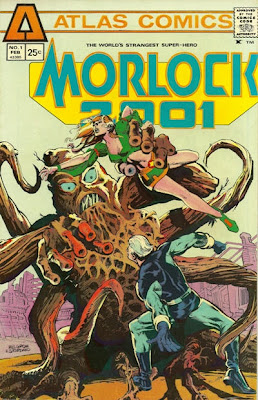
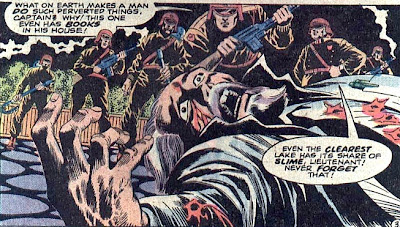

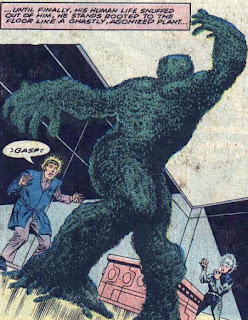
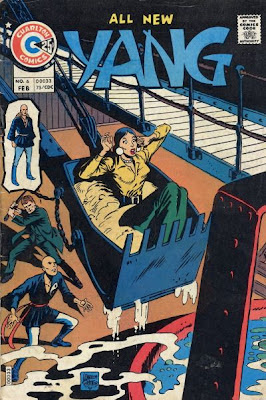






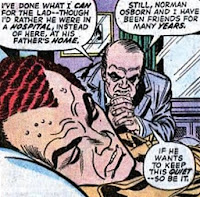




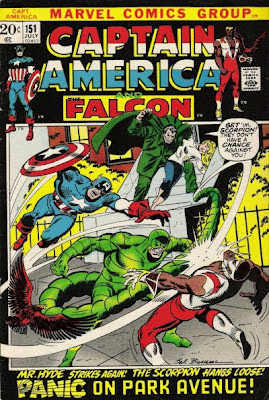




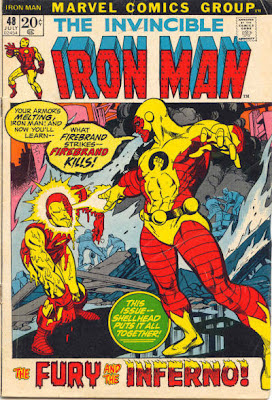



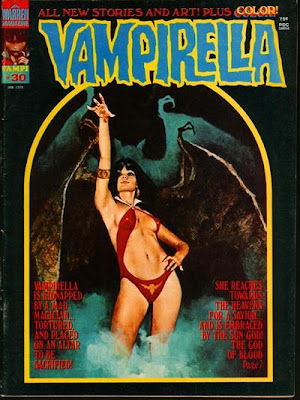




















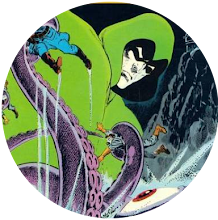

.jpg)


%20040a.jpg)
















































